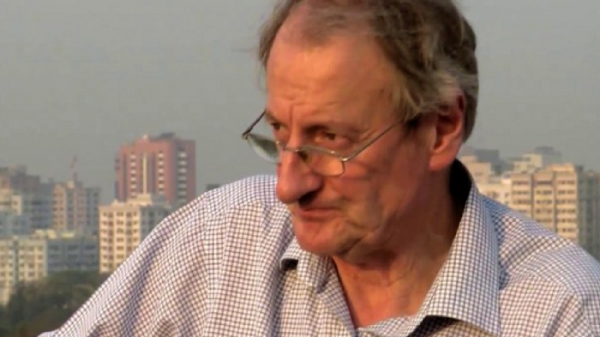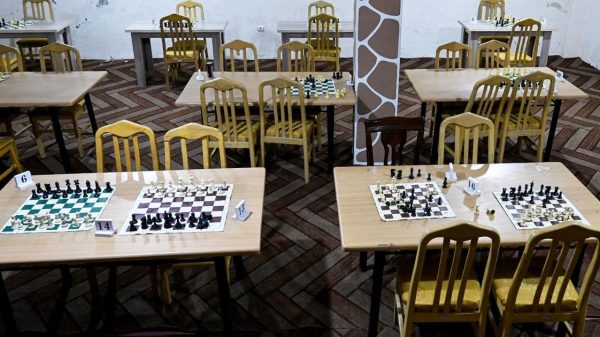Bye Simon, time for a spell of rest

Shawdesh desk:
So there, at 77 years, the man who could never find a home to live in for long finally has found some rest in the earth and dust.
A man who ran away 17 just to be on the road as his book title says has run out of places to see. For those of us who have had the pleasure of working with him as a colleague, it’s the pain of a friend lost, a person who had tried to give something special to Bangladesh and succeeded, simply because he cared.
His most famous role is that of a journalist in Dhaka in the March 1971 days, hiding from the Pak army eyes and reporting the genocide.
He and another journo escaped the security clutches of Pak army and went underground and gave eyewitness accounts of the crackdown covering Shankhari patti and other areas.
They are his greatest contributors to Bangladesh’s liberation war. It destroyed the army’s claim of a peaceful order restoration campaign. Suddenly, the army became the demon in the world’s eyes. And this campaign never stopped making it not just a war of soldiers but media as well. And in that, Simon will remain one of the most revered names.
ETV days
Yet, in my opinion, Simon’s greatest contribution to Bangladesh was not the reports that drew global attention to the Bangladesh cause but his role in setting up Ekushey TV(ETV) as the model of modern TV journalism. Many in Bangladesh’s TV media world were part of the ETV world working under him. He didn’t just lead the staff team that he personally recruited but gave them a role model which everyone could follow.
I was part of the planning team and Simon got a set of trainers from the BBC to work with the young journos. He introduced new projects and laid the foundation for a model that was fundamentally different from the prevailing BTV model. He assembled a young team and gave them a sense of camaraderie which creativity took forward.
Simon not only loved Bangladesh, he loved Bangla kacchi too and everyday had it at the office along with a bottle of new defunct brand RC Cola. He declared it was the best office lunch in the world. That is always the best test of being a Bangladeshi.
Simon didn’t just deliver modern TV to Bangladesh, he delivered many of its best stars as well, be it Mishuk Munier, G. I. Mamun, Munni Shaha, Samia Zaman and so on. In every TV station in Dhaka there will be someone who will say, “I worked with Simon.”
So farewell Simon, no matter who forgets you, we Bangladeshis shall always keep you in the most precious niche of our heart.
Born on January 11, 1945, Dring grew up in Fakenham, Norfolk, England, United Kingdom. He was expelled from boarding school in Woodbridge for midnight swimming in the River Deben. He later studied at King’s Lynn Technical College.
In 1962, at the age of 17, he left home and hitch-hiked overland across Europe and the Middle East, out to India and South-East Asia.
In 1964, at the age of 19, Dring was a freelance reporter for the London Daily Mail and The New York Times in Laos, before moving to Vietnam at the end of 1964, where he covered the war for two years for Reuters as their youngest staff correspondent at the time.
His journalistic career continued through the 1970s, 1980s, and 1990s as a staff correspondent for Reuters, The Daily Telegraph, and BBC TV News, as well as a freelance reporter and producer for, among others, The Sunday Times, Newsweek, and BBC Radio News.
During this time Dring covered major stories and events throughout Europe, Africa, the Middle East, Asia and Latin America, including Vietnam, Laos, Cambodia, India, Pakistan, Bangladesh, Iran, Nigeria, Angola, Uganda, Eritrea, Cyprus, Israel, Brazil, Croatia, Bosnia, and Georgia.





























Leave a Reply